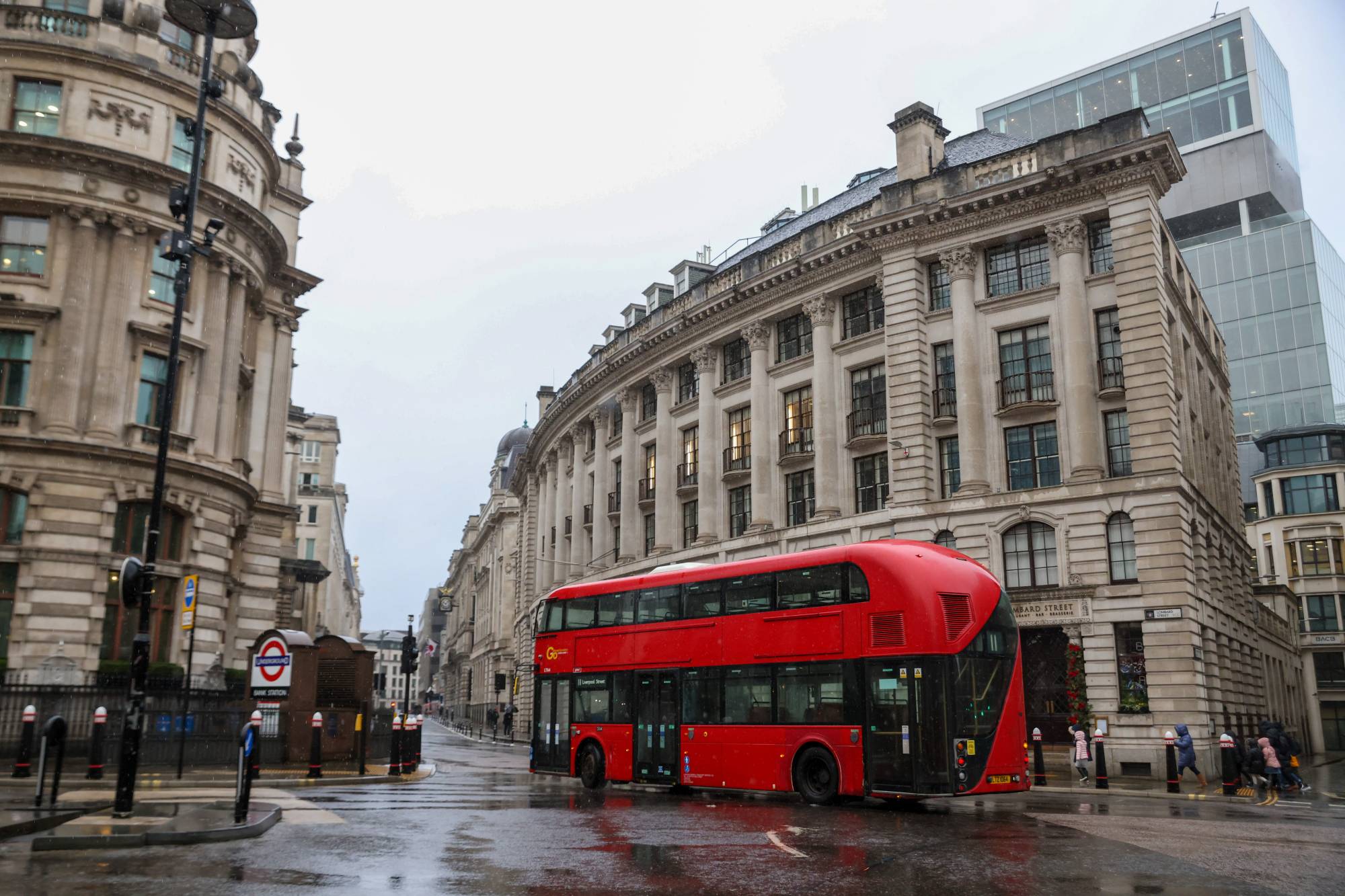A 10-minute walk from the Bank of England, on the eastern edge of the City of London, lies a gateway to a new shadow world of money.
Here on Dukes Place is the office of Moorwand Ltd., one of a fast-growing breed of upstarts that bill themselves as alternatives to old-fashioned banks when moving money around the world. Each day in the U.K. alone, an estimated £1.4 billion (¥220 billion) courses through loosely regulated digital payments businesses like Moorwand. Though only a small fraction of Britain’s financial flows, it’s a system that critics warn is opening a door for dirty money.
Moorwand is one of more than 200 electronic money institutions, or EMIs, approved by U.K. regulators since 2018. Trouble soon followed: A tiny lender in Denmark with which Moorwand had developed a close relationship flagged hundreds of suspicious transactions involving the payments firm, according to internal bank documents. In 2018, Danish authorities seized the bank, Kobenhavns Andelskasse, citing violations of money-laundering laws and referred the matter to the police.



















With your current subscription plan you can comment on stories. However, before writing your first comment, please create a display name in the Profile section of your subscriber account page.